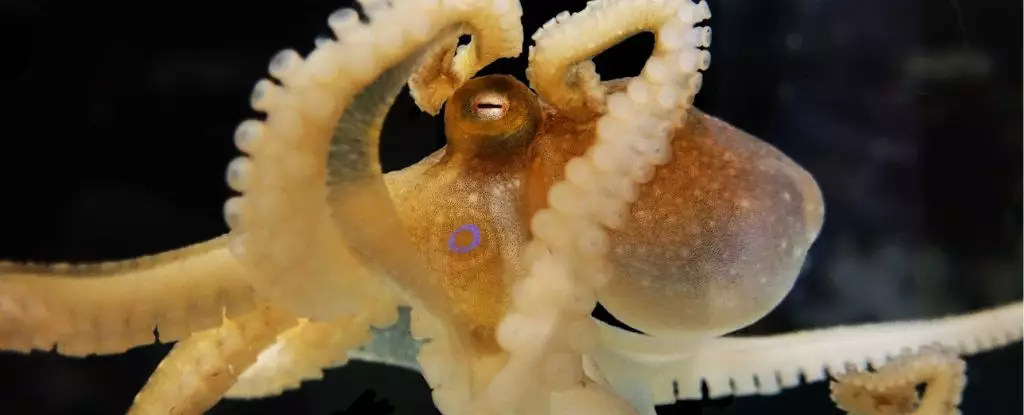The recent discovery in the octopus genome suggests that cephalopods may have the oldest sex chromosomes among all animals. This finding challenges the previous notion that sex determination in these creatures was purely based on observation. Biologists have traditionally differentiated between male and female octopuses based on their ability to lay eggs or produce sperm. However, the identification of a unique chromosome pair in the California two-spot octopus genome has provided evidence of genetic sex determination in these fascinating creatures.
Researchers at the University of Oregon identified a ZW sex-determination system in octopuses, with males possessing a double-Z pair and females having only one Z chromosome. This system is distinct from the XY system found in humans, where the presence of a Y chromosome triggers the development of male characteristics. The discovery of the Z chromosome in octopuses suggests an ancient, unique origin dating back between 455 and 248 million years ago.
By comparing the genomes of different cephalopod species, researchers found that the Z chromosome is an evolutionary outlier that predates the split between octopuses, squids, and nautiluses. This ancient chromosome may be the oldest animal chromosome yet discovered, surpassing the sex chromosomes of certain insects and sturgeon fish. The loss of the corresponding W chromosome in female octopuses over time parallels the fate of the Y chromosome in humans.
The study of sex chromosomes has evolved significantly in recent years, challenging the notion that they are intrinsic features of sex determination in all animals. While mammals have well-defined sex chromosomes, some fish and reptiles lack such genetic markers. Instead, the sex of their offspring is determined by external factors and epigenetic regulations. Octopuses, with their unique sex chromosome system and deep evolutionary roots, offer a compelling model for further research into the evolution of sex determination mechanisms.
Overall, the discovery of sex chromosomes in octopuses sheds light on the complex and diverse nature of genetic mechanisms underlying sex determination in the animal kingdom. By investigating ancient gene sequencing data, researchers have gained new insights into the evolutionary history of these elusive creatures. The study of cephalopod genomes opens up a wealth of opportunities for exploring the genetic basis of sex determination and its implications for evolutionary biology.


Leave a Reply